December 9, 2016
Baby boomers better off at work but their wellbeing must be managed 0
A new report on the state of the public’s health and wellbeing, ‘Baby Boomers: Fit for the Future’, by Professor Dame Sally Davies, the Chief Medical Officer for England, advises that good quality work is good for baby boomers’ health and that employers have a role to play by helping their staff to remain healthy enough to stay in employment. According to the report on those aged between 50 and 70, there is an increasing body of evidence that for most people ‘good work’ is good for personal health, organisational productivity and economic prosperity. It also advises since many people define themselves and their position in society in terms of their job, staying in employment is also a significant contributor to self-esteem. The report also finds there is promising evidence that the continued social engagement that some people find in employment may defer the onset of cognitive decline and the risk of dementia.












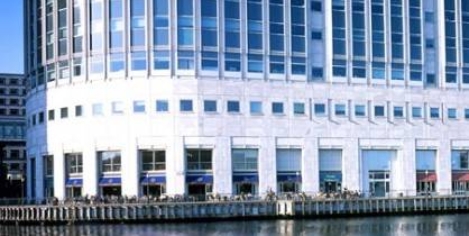
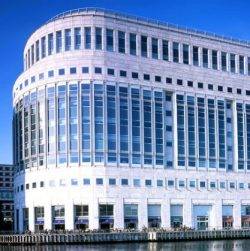




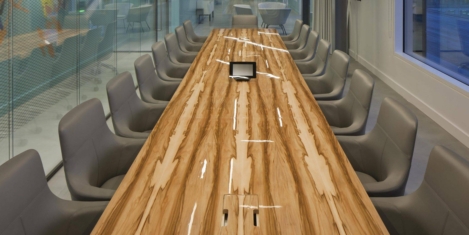
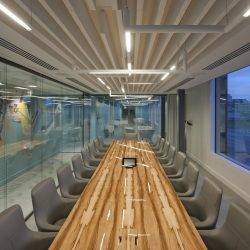

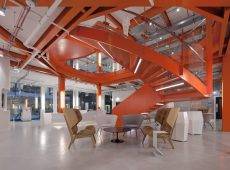



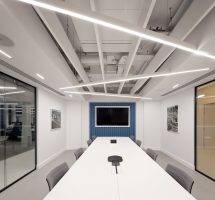
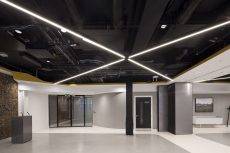

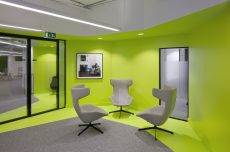

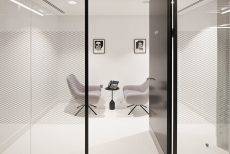

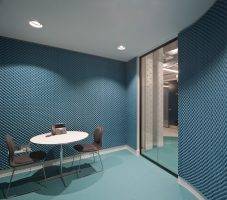
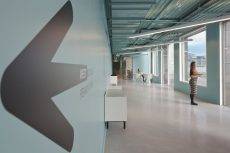
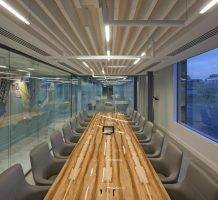
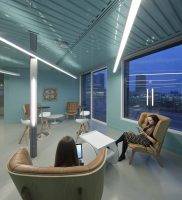














November 25, 2016
Reducing paper-weight is the key to maintaining a healthy business in the digital age 0
by Chas Moloney • Comment, Technology
(more…)